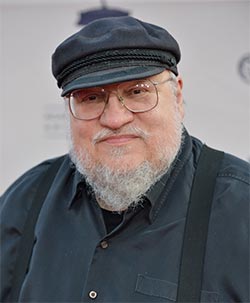
The deaths just keep on coming in this worst of all possible years.
I was very saddened to read of the death of Ben Bova, another victim of Covid-19 (and Donald J. Trump).
Bova was a major science fiction writer, a hard science guy, talented and prolific. I could not begin to name all his novels; the list is longer than my arm. He wrote some good short fiction as well, including his collaboration with Harlan Ellison, “Brillo,” which became the basis (uncredited) of a short-lived TV series and one of Harlan’s famous lawsuits.
For all his accomplishments as an author, however, it was as an editor that Ben Bova had the most profound impact on the field… and on my own life and career. When the legendary John W. Campbell Junior died in 1971, the Conde Nast Publications, publishers of ANALOG, chose Bova to succeed him. For all his accomplishments, JWC had become increasingly idiosyncratic in his last couple of decades, and ANALOG had become moribund and out of touch. Ben Bova came in and revitalized the magazine, welcoming a whole new generation of writers who Campbell most likely would never have touched (myself among them). The changes were not without controversy. During the first couple of years of his editorship, ANALOG’s lettercol was full of angry “cancel my subscription” letters from readers who insisted that JWC would never have published this or that story. My own stories were the subjects of some of those complaints, along with work by Joe Haldeman and many others. The complainers were not wrong; odds were, Campbell would never have bought the stories Bova did.
Back in the 70s, I was selling to all the magazines and most of the original anthologies, but ANALOG became my major market, and Ben Bova was the editor who had the biggest influence on my work. Previous generations of SF writers were writing for JWC or H.L Gold or Boucher & McComas. If I was writing for anyone, I was writing for Ben… at least some of the time.
My first sale to ANALOG was actually a piece I did for a journalism class at Northwestern, about computer chess: “The Computer Was A Fish.” But fiction soon followed, lots of fiction… thanks in large part to Ben Bova.
I got my first cover on ANALOG with “The Second Kind of Loneliness.” Ben bought that. The cover was by Frank Kelly Freas.
My first Hugo- and -Nebula nominee (lost both) was “With Morning Comes Mistfall.” Also published in ANALOG, by Ben.
The second Nebula loser, and first Hugo WINNER, was “A Song for Lya,” a novella from ANALOG. Bought and published by Ben. That year, worldcon went to Australia for the first time. I was still directing chess tournaments to supplement my meagre (growing, but meagre) income from writing, and there was no way I could afford a trip down under, so I asked Ben Bova to accept for me if I won. I did! And he did!
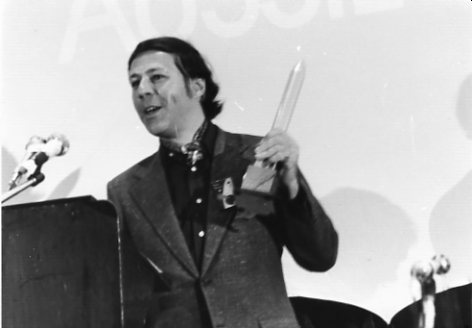
Ben also bought “The Storms of Windhaven,” the first my Windhaven collaborations with Lisa Tuttle. Got a cover for that too.
Oh, and “Seven Times Never Kill Man.” That one got a Schoenherr cover (one that alledgedly inspired George Lucas to create the Wookiees). And lost a Hugo, the same year as “Storms.”
Ben serialized my first novel, DYING OF THE LIGHT, in an abridged version called “Mockman.” With a cover by Vincent di Fate.
And along about 1978, when Ben left ANALOG to take on the editorship of a new slick science fiction/ fact magazine called OMNI, he took me with him. I published several stories there as well, most notably a novelette called “Sandkings” that some of you may recall. It won the Hugo and Nebula both, and was the most successful thing I ever wrote until I began A GAME OF THRONES.
Looking back, it is amazing to realize how many of the stories that made my name were edited and published by Ben Bova. Without him, I cannot say for certain that I would have had a career at all He won four Hugo awards in a row as Best Editor, as I recall, and deserved every one. If he had continued to edit, I have no doubt he would have won more… but writing was his first love, and in the 80s he returned to his own work.
His family and friends have my condolences. I know he will be missed.
These are dark times… for science fiction, as well as the world at large. I am still reeling from Kay McCauley’s death last month… from Gardner Dozois’s death in 2018… and now this. The lights are going out. Giants are passing. We shall not see their like again.
Current Mood:  sad
sad


 happy
happy



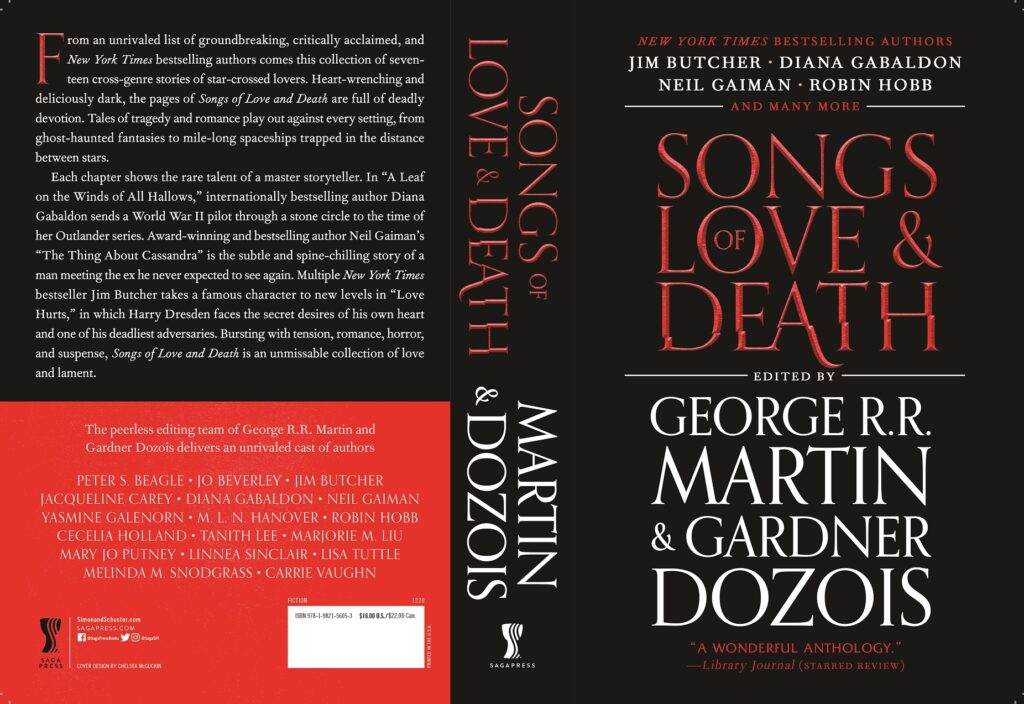
 satisfied
satisfied
 contemplative
contemplative
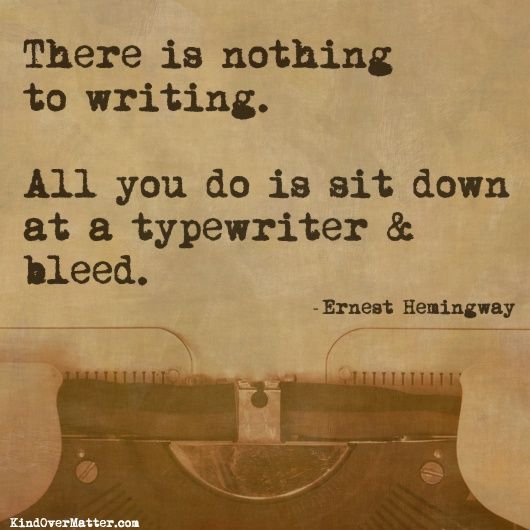
 stressed
stressed
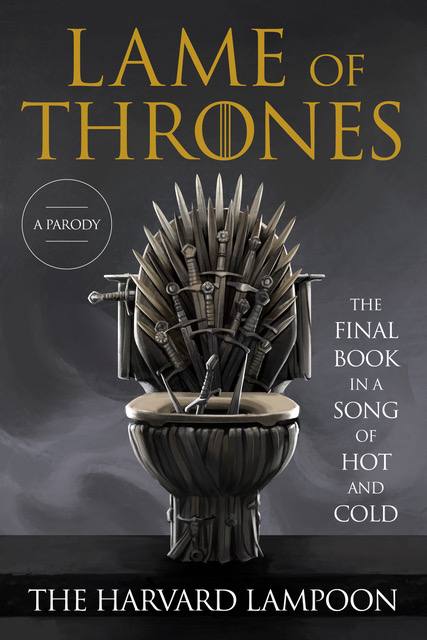
 amused
amused

 sad
sad

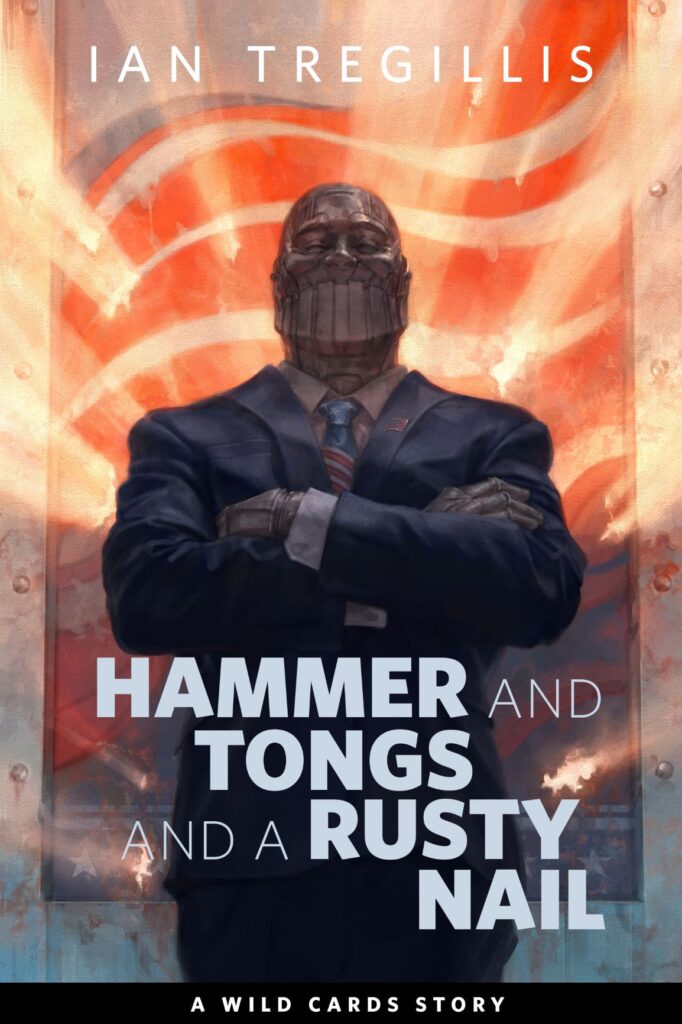

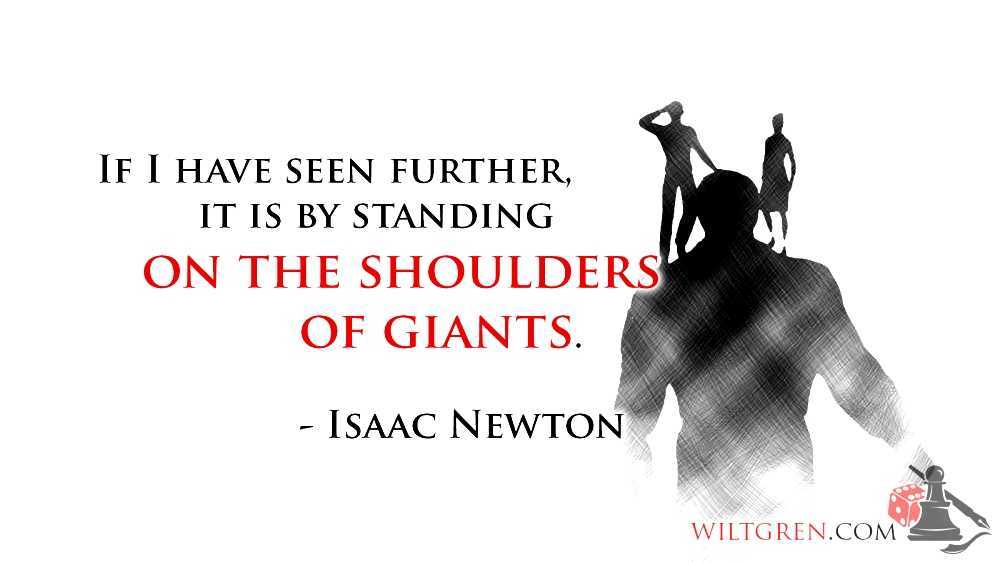

 melancholy
melancholy